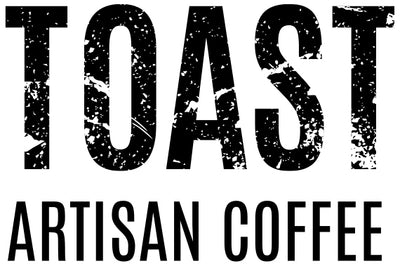What is Specialty Coffee?
This term was first used in the 1970s as an answer to the ambiguity of the word ‘gourmet’ – however it is probably most known for its use in the late 80s/90s with regards to some of the world’s rarest coffees such as Jamaica Blue Mountain, Australia Skybury, Kopi Luwak, Hawaii Kona and Monsoon Malabar. Although these coffees were deemed as being special in some way, again this term did not acknowledge the quality or ethics of the bean. In cases such as the Kopi Luwak coffee (which is harvested from the digestive tract of palm civet cats) the trade of these beans has caused an industry which thrives solely on the capture and force feeding of animals. Monsoon Malabar is technically coffee which has been aged in a humid port until it loses all the characteristics which made it special in the first place, so much so that the raw beans are actually the colour of straw rather than green. It is difficult therefore to understand how these coffees came to be some of the most expensive in the world, fetching prices as high as $200/200g and again, the industry was left with a term that did not standardise quality or ethics.
The Specialty Coffee Association of America was established in 1982 by a small group of industry professionals who required a forum which allowed them to discuss and set standards for quality in coffee. Since then, this industry body has gone from strength to strength and developed the Q Grader system in 2004 as part of an effort to quantify quality. They define specialty coffee in the following way:
The term “specialty coffee” refers to the highest-quality green coffee beans roasted to their greatest flavor potential by true craftspeople and then properly brewed to well-established SCAA developed standards. Specialty coffee in the green bean state can be defined as a coffee that has no defects and has a distinctive character in the cup, with a score of 80 or above when graded according to SCAA Standards
Finally we had a quantifiable way of categorising coffee of a higher grade which has led to a separation of total world production classifying coffee as either Specialty grade or Non-Specialty grade (commercial). Nowadays, Specialty Coffee represents only 3% of the total global production and therefore truly is the best coffee that you can buy in the world.
So what makes a specialty coffee so special?
Specialty coffee is usually traded on a much more personal and local level with farmers and cooperatives and is more often than not purchased in a way which pays homage to its quality, therefore meaning the producer usually receives a higher price for their coffee.
For a coffee to make the specialty grade, it must be grown at an altitude that will contribute towards complexity in the cup. The cherries must also be handpicked only when they have reached optimum ripeness and they must be processed in a way that respects the need for cleanliness and consistency. The beans must then be roasted and brewed in a way that shows off their characteristics, rather than masking them. This approach throughout the supply chain creates coffee of a superior grade which once tasted, is hard to go back from!
Although all our coffees are unique and have very individual flavour profiles, we approach every one of them in the same way right the way from sourcing to roasting. This means we place a lot of importance on our relationships with the farmers and cooperatives we work with and are eager to trade in a way that guarantees the sustainable supply of their wonderful coffee for years to come. At Toast Coffee, we believe it is impossible to have quality coffee without ethics and specialty coffee should mean a symbiotic relationship between the two values.
